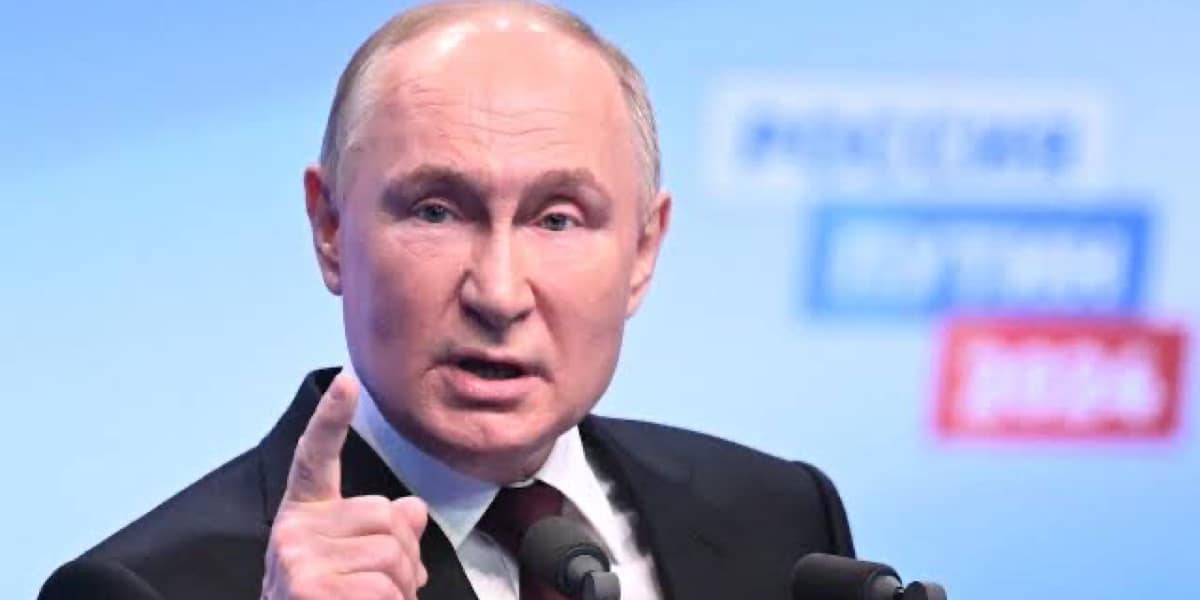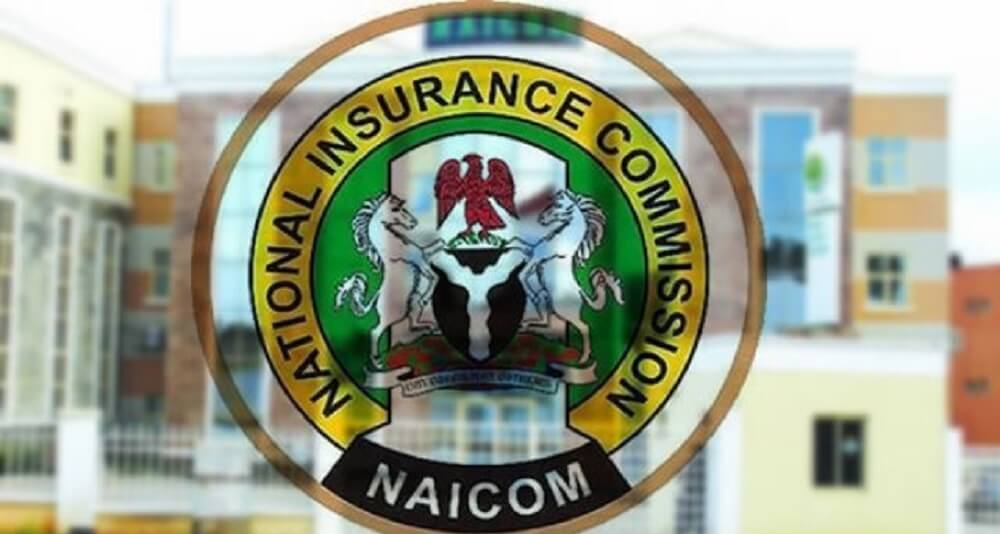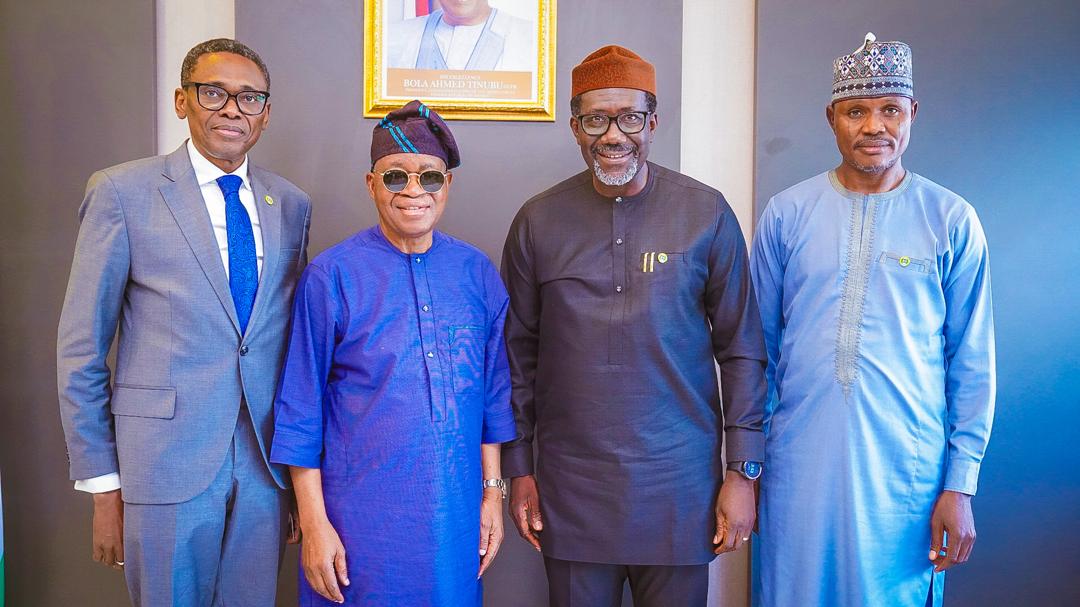Place your adverts here on InfoDig @ low rates; banner ads, sponsored links and guest articles etc. Contact us
The World Health Organisation (WHO) has approved Cecolin®, a Human Papillomavirus (HPV) vaccine for use in a single-dose schedule.
READ ALSO:WHO calls for increased investment in adolescent health
This is contained in a statement issued by WHO on Friday.
The WHO said that the decision was made based on new data on the product that fulfilled the criteria set out in the WHO’s 2022 recommendations for alternative, off-label use of HPV vaccines in single-dose schedules.
According to it, this important milestone will contribute to improving sustainable supply of HPV vaccines allowing more girls to be reached with the vaccines that prevent cervical cancer.
Dr Tedros Ghebreyesus, WHO Director-General said that unlike most other cancers, they have the ability to eliminate cervical cancer, along with its painful inequities.
“By adding another option for a one-dose HPV vaccination schedule, we have taken another step closer to consigning cervical cancer to history” Ghebreyesus said.
He said that more than 95 per cent of the 660 000 cervical cancer cases occurring globally each year are caused by HPV.
According to him, every two minutes, a woman dies from this preventable disease globally, and 90 per cent of these deaths occur in low- and middle-income countries.
“Of the 20 hardest hit countries by cervical cancer, 19 are in Africa.
” HPV vaccine introductions have been hampered by global supply shortages since 2018.
“And production challenges encountered by one of the manufacturers earlier this year led to further shortfalls, potentially impacting millions of girls in need of HPV vaccines in Africa and Asia,” he said.
Dr Kate O’Brien, Director of the Department of Immunisation, vaccines and biologicals at WHO“Having 90 per cent of girls fully vaccinated with the HPV vaccine by 15 years of age was the target for the first pillar of the WHO global strategy for cervical cancer elimination.
“Given the continuing supply challenges, this addition of single-dose vaccine product means countries will have greater choice of vaccines to reach more girls.”O’Brien said.
She said that a growing number of vaccine products initially prequalified for use in a two-dose schedule can now be used in a single-dose schedule.
According to her, the single-dose use indication for the additional vaccine, Cecolin®, is incorporated into the second edition of WHO’s technical document on considerations for HPV vaccine product choice (reflected in Table 4 of this document).
“Global data released on July, 15, 2024 indicates that the one-dose HPV vaccine coverage among girls aged 9-14 years increased from 20% in 2022 to 27 per cent in 2023.
” In 2023, 37 countries were implementing the single-dose schedule.
” As of September, 10, 2024, 57 countries are implementing the single-dose schedule. WHO estimates that the single-dose schedule adoption has resulted in at least 6 million additional girls being reached with HPV vaccines in 2023,” she said.
According to her, earlier in 2024, countries and partners committed nearly 600 million dollarsin new funding towards elimination of cervical cancer.
“A further piece of good news is the WHO prequalification on 2 August 2024, of an additional HPV vaccine, Walrinvax®, making it the fifth product available on the global market. This will contribute to a more sustainable supply of HPV vaccines, enabling more girls to receive the vaccine. Walrinvax® is prequalified with a two-dose schedule.
“Further data will be needed to assess if this vaccine can be recommended for single-dose schedule in the future,” she said.
NAN/WUMI















 English (US) ·
English (US) ·